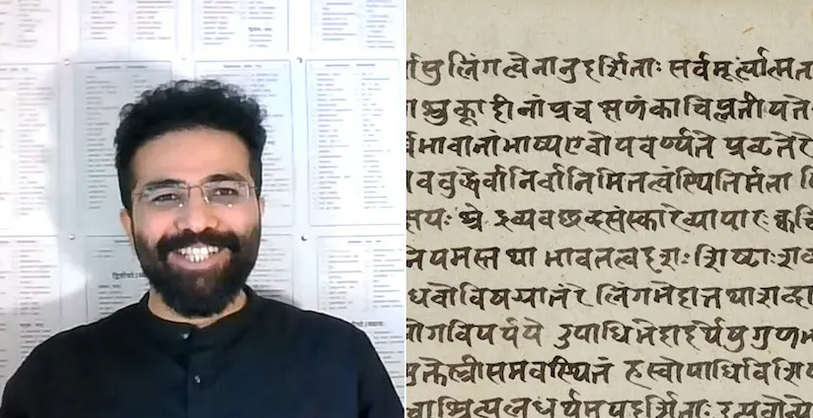An Indian PhD student at the University of Cambridge has solved a grammatical puzzle that has eluded Sanskrit scholars since the 5th century B.C.
Dr. Rishi Rajpopat made the revolutionary breakthrough while researching for his PhD thesis, which was published on Dec. 15.
In his study of Sanskrit, the ancient Indo-European language from South Asia that is the sacred language of Hinduism, Rajpopat found that the rules employed for deriving grammatically correct phrases from the base and suffix of a word were misinterpreted.
Using ancient Sanskrit philologist Pāṇini’s “language machine,” a system of rules designed to generate grammatically correct words and phrases, Rajpopat discovered a solution to Pāṇini’s system capable of producing consistent results with near-perfect accuracy.
Erdogan’s popular political opponent Ekrem Imamoglu sentenced to prison
Before the PhD student’s discovery, applications of Pāṇini’s rules were inconsistent, as multiple conflicting rules seemed to apply to the same steps in the ancient grammarian’s process.
Read more: Nextshark





































